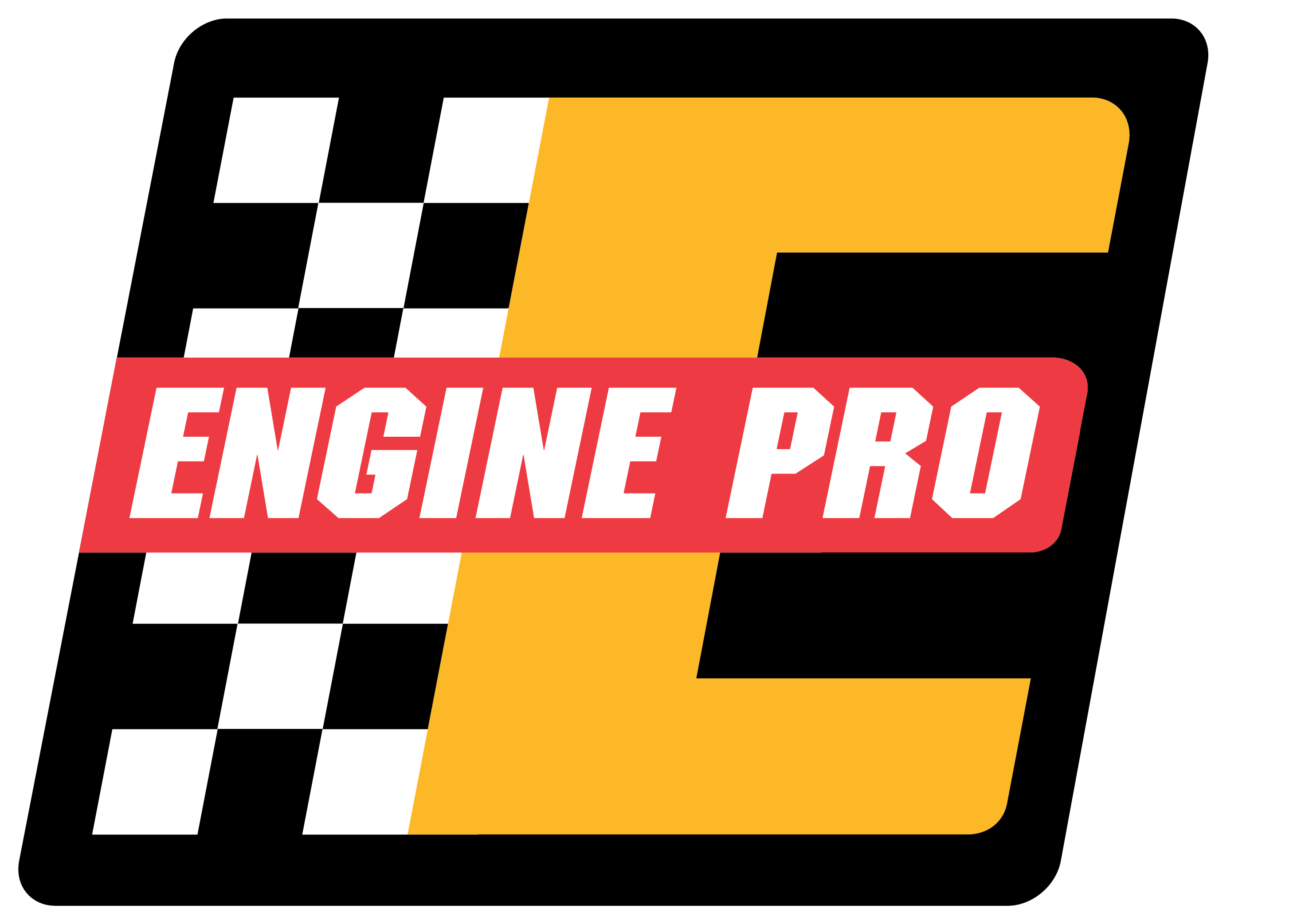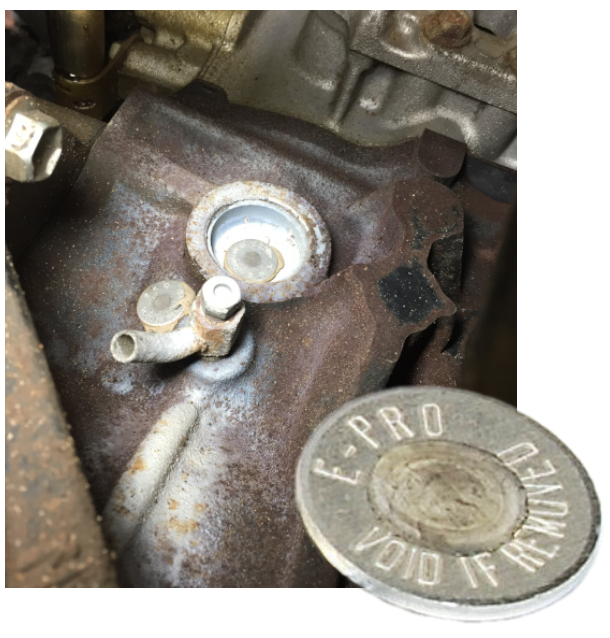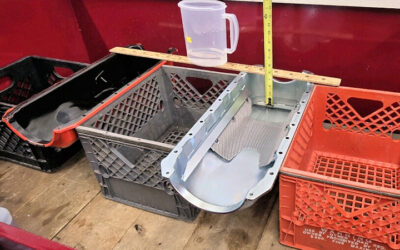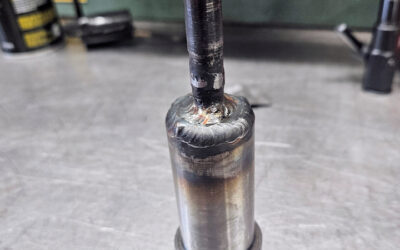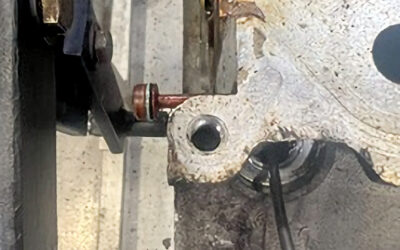BEAT THE HEAT
Too much heat can destroy an engine. Gas engines are designed to operate between 190-220 degrees F, hotter than 220 and you’ve got an overheat situation. As an engine overheats, aluminum material will begin to warp, expand and even crack. A warped cylinder head could separate from the engine block creating a leak in the head gasket. A leaky head gasket will cause the engine to start burning oil and coolant. In extreme overheat conditions, crank and cam bearings become galled and can cause a catastrophic rotating assembly failure. Here’s a tip to protect you and your fresh build from an overheat failure. Make it clear, in writing, that your customer is responsible for replacing the belts, hoses, thermostat and water pump. Ensure the customer has professionally cleaned the radiators, including oil coolers and the heater core. Demand that your customer maintain service records including oil and coolant changes. To monitor future overheating situations, always install heat tabs on the cylinder heads and block. Install the tabs in an area that is in direct contact with the engine coolant. Tabs melt out around 250o-F. It’s a good insurance practice to install tabs on all rebuilt heads and blocks and be sure to let the customer know where they are installed, and that removal or melt-out conditions will void your warranty.
Steve Rich
Sterling Bearing, Inc.
N. Kansas City, MO
October, 2022
